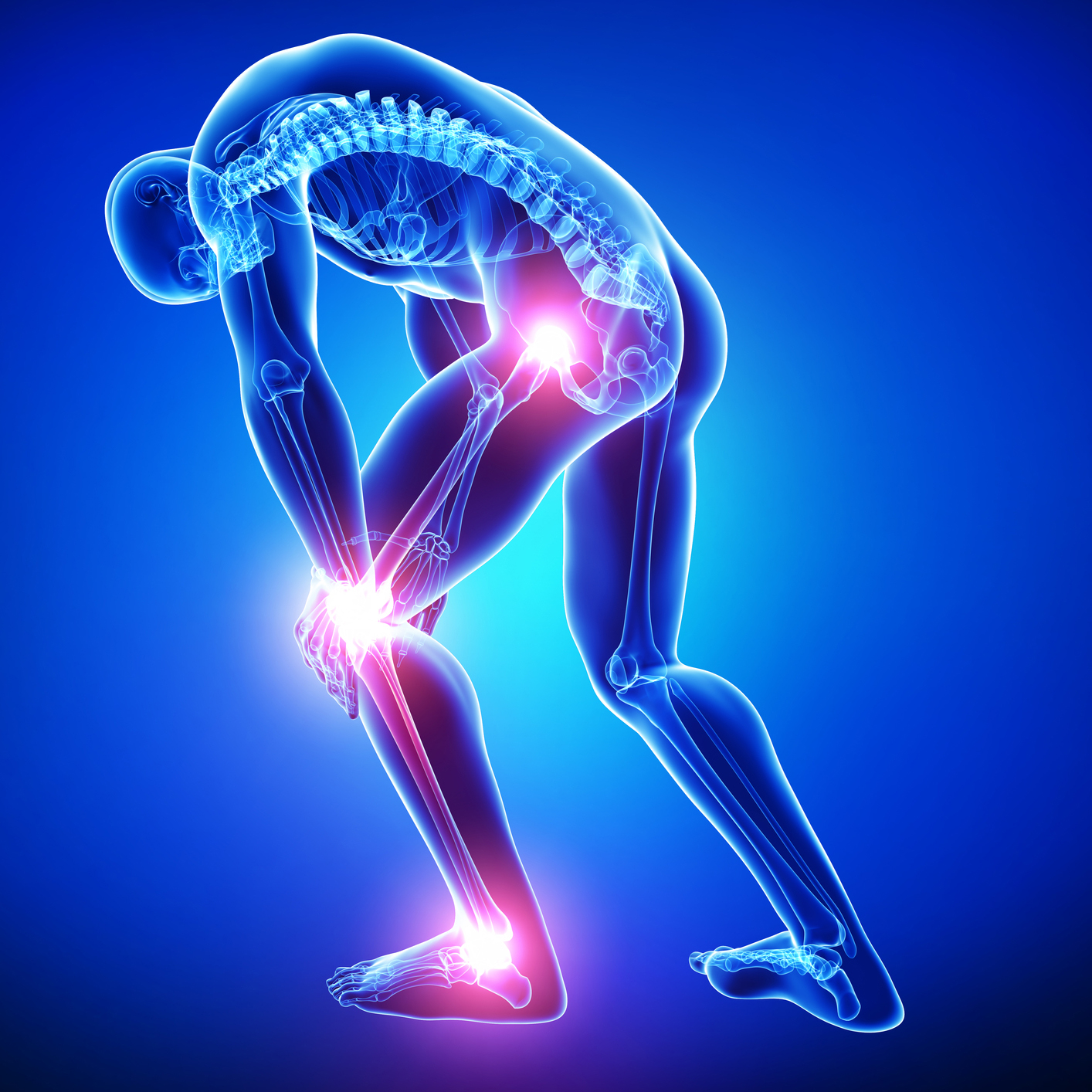Today's post is written by a very special friend of mine, Dr. Fred Goldstein. Dr. Goldstein is a Professor of Clinical Pharmacology at Philadelphia College of Osteopathic Medicine. Dr. Goldstein and I go WAY back to when his daughter and I played in the same basketball league as kids.
The topic of today's post is pain, which Dr. Goldstein is a true authority on. He's been teaching about and researching pain for even longer than I've been alive! I learned a ton from reading his article, and I think you will, too. -Travis
Frederick J. Goldstein, PhD, FCP
Professor of Clinical Pharmacology
Philadelphia College of Osteopathic Medicine
What is pain? Toothache? Sprained wrist? Broken femur? Myocardial infarct (MI)? Obviously, all such conditions are “nociceptive,” meaning they send signals from pathological sites to brain areas for interpretation. Simultaneously activated are emotions which can certainly increase the intensity of such cellular indicators of tissue damage.
However, it is also known that circumstances exist where pain is attenuated or, in some cases, not even felt. A person who has experienced three MIs over the years will probably feel less alarm with a fourth one than the first. Soldiers in a fierce battle may not even be aware of severe wounds until that firefight has ended.
Of course, there is also psychological pain which occurs upon losing a loved one or receiving news that the cancer which has been discovered is, unfortunately, terminal.
Thus, there is always an interplay between physical and psychological aspects of pain.

